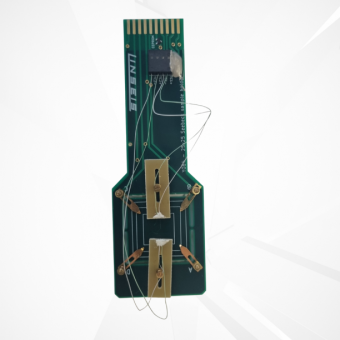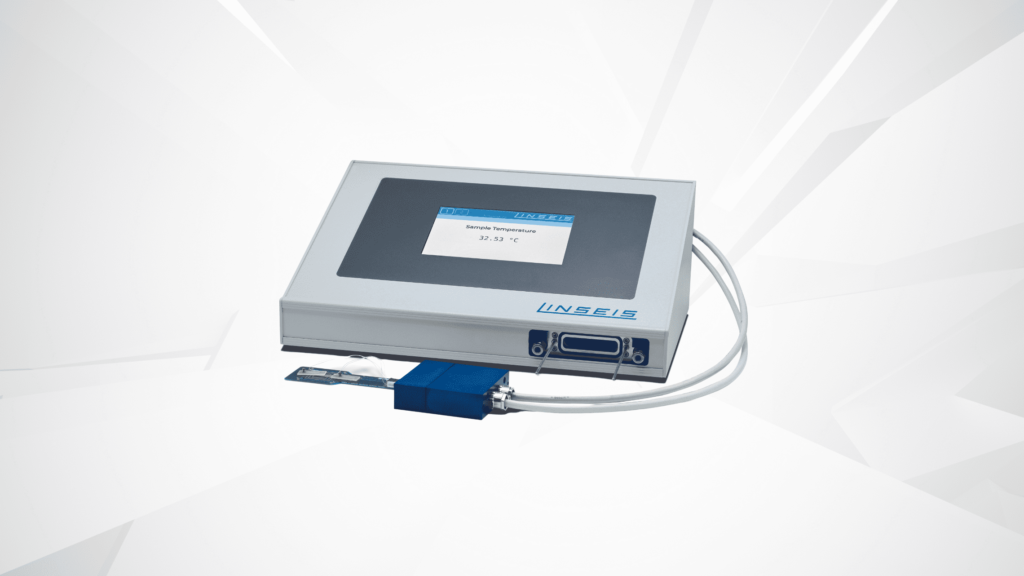With the new LSR-1 (LSR L32) from Linseis Messgeräte GmbH, thermoelectric materials, such as those used in sensors or Peltie elements, can be characterized easily and conveniently in the form of solid materials and thin films. In the basic version – New LSR-1 (LSR L32) – both the Seebeck coefficient and the electrical resistivity can be measured fully automatically and simultaneously from -160°C to 200°C. The basic version can be supplemented by a gas detector. The basic version can be extended with a gas dosing system, sample illumination and a cryo option.

The new LSR-1 (LSR L 32) system allows the characterization of metallic and semiconducting samples according to the well-known Van der Pauw method (resistivity) as well as the Seebeck coefficient by gradient sweep and linear regression.
Thin films, which can be measured with the new LSR-1 (LSR L32), can be found in semiconductor technology, the production of liquid crystal displays (LCD) and many other applications of nanotechnology such as solar modules, the production of sensors or medical technology.

